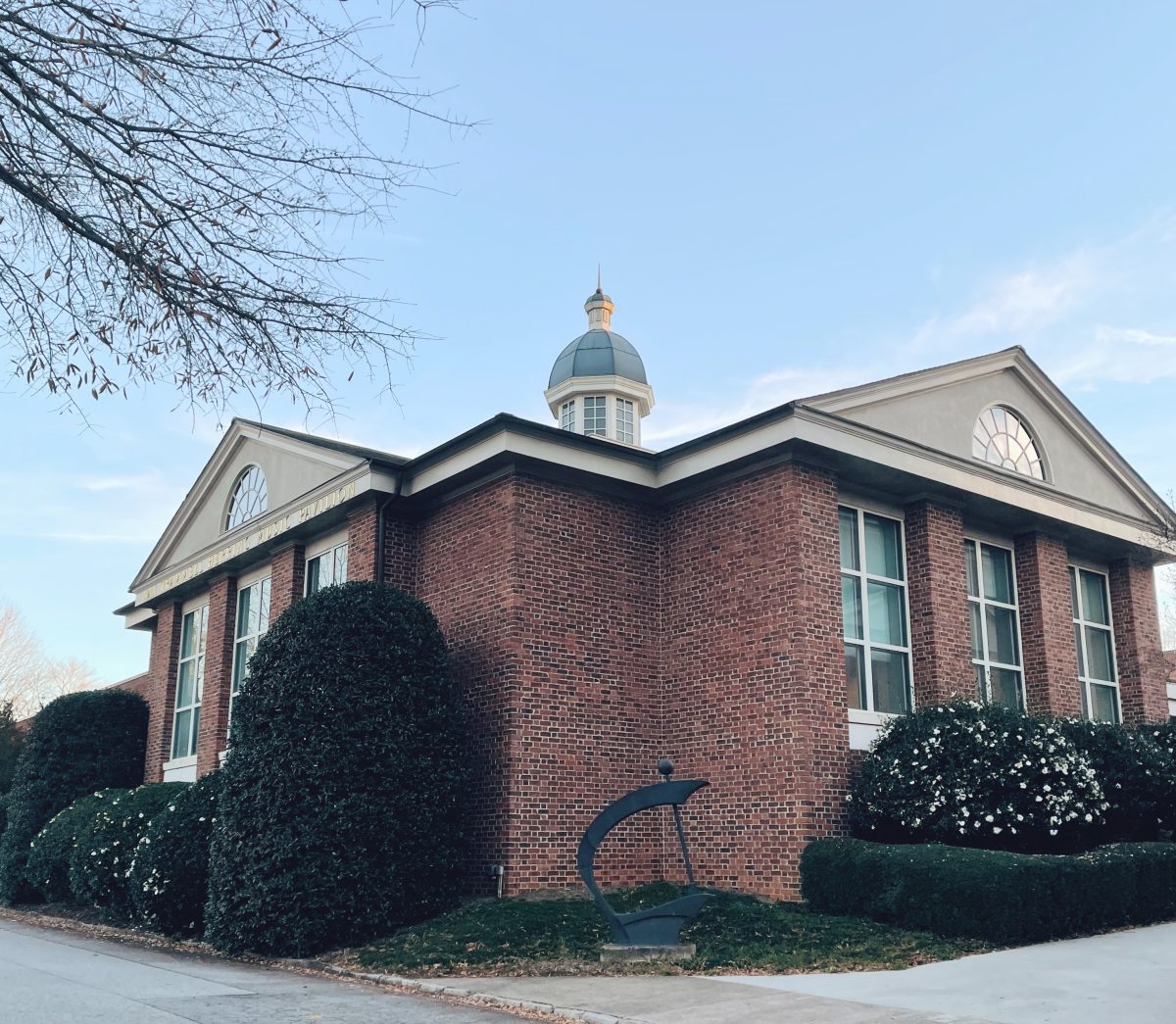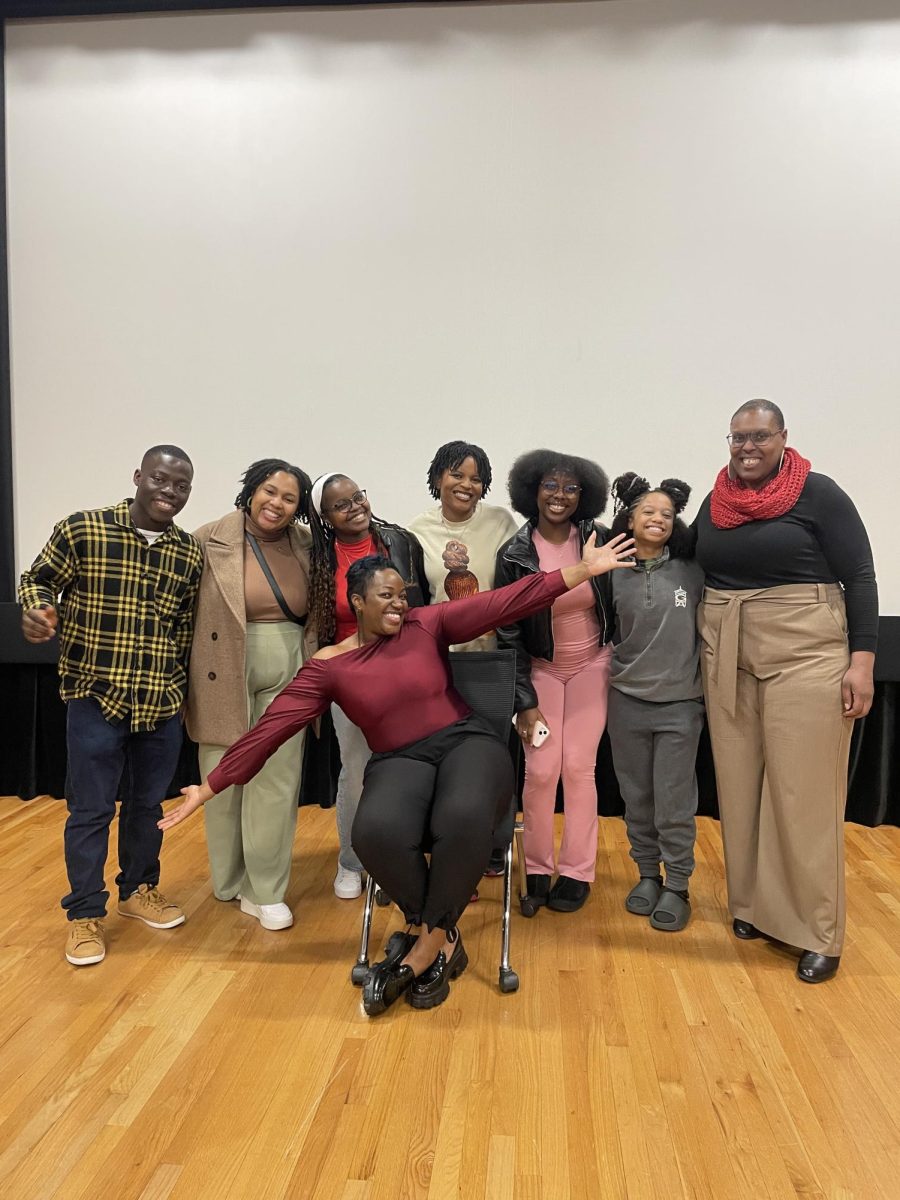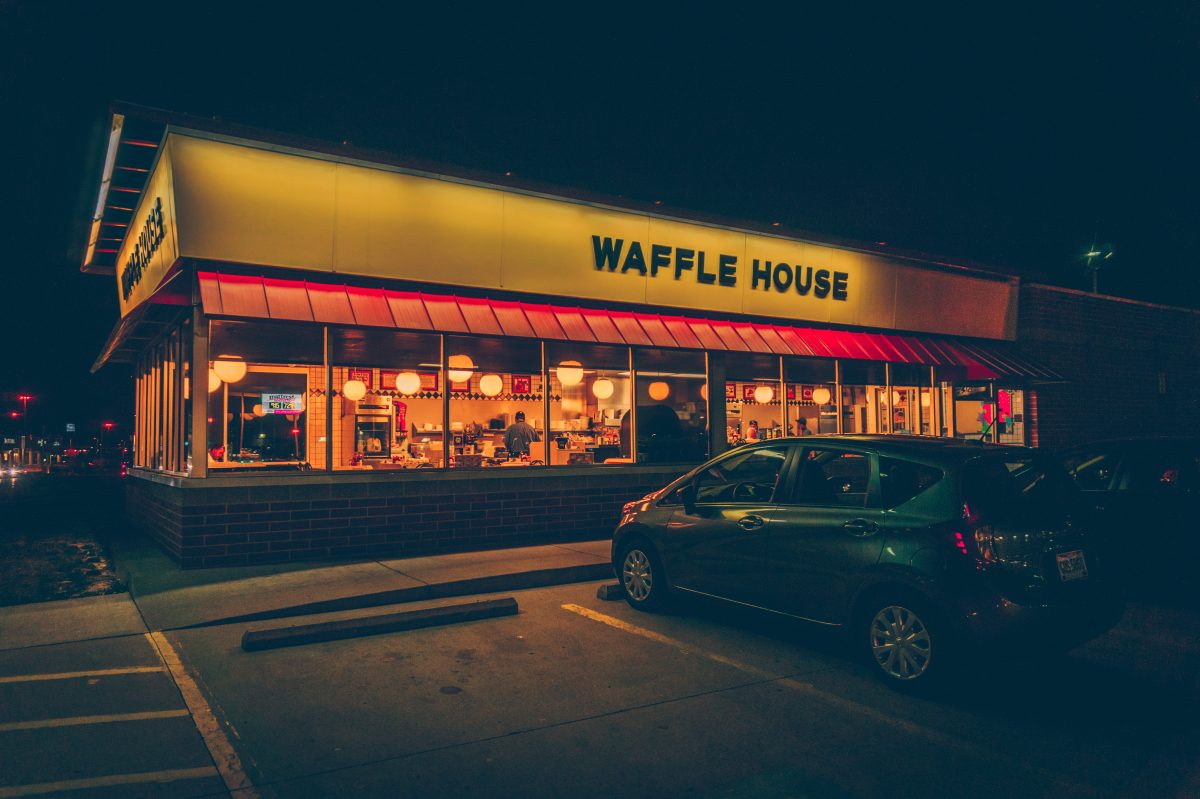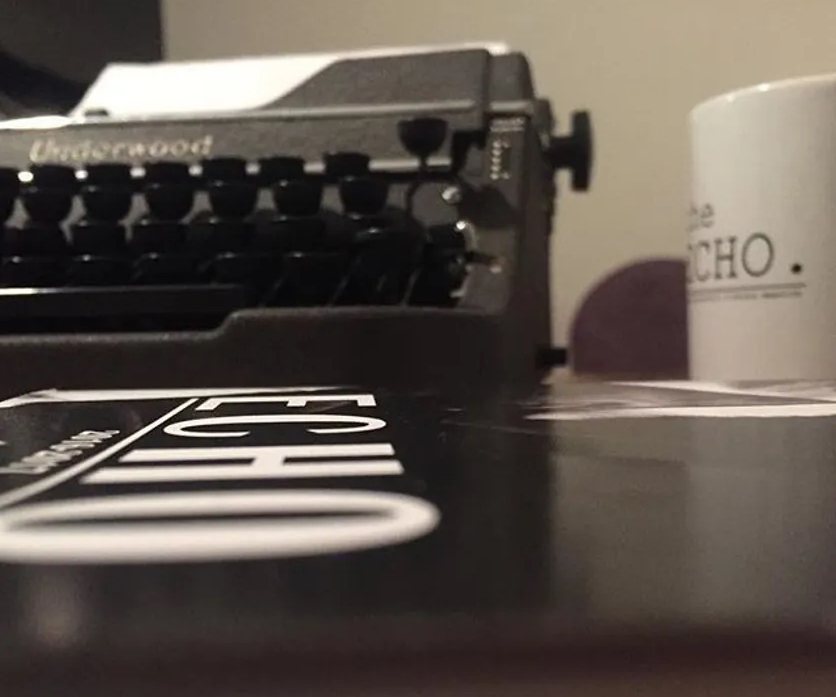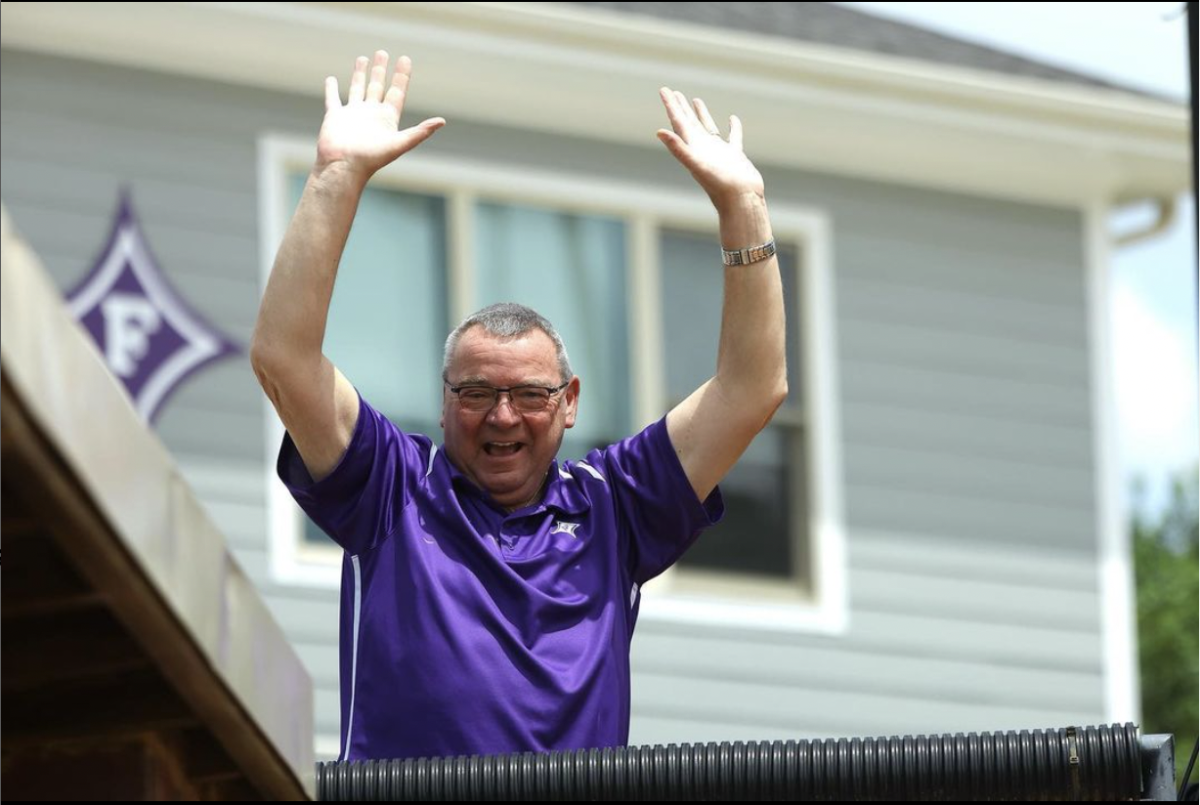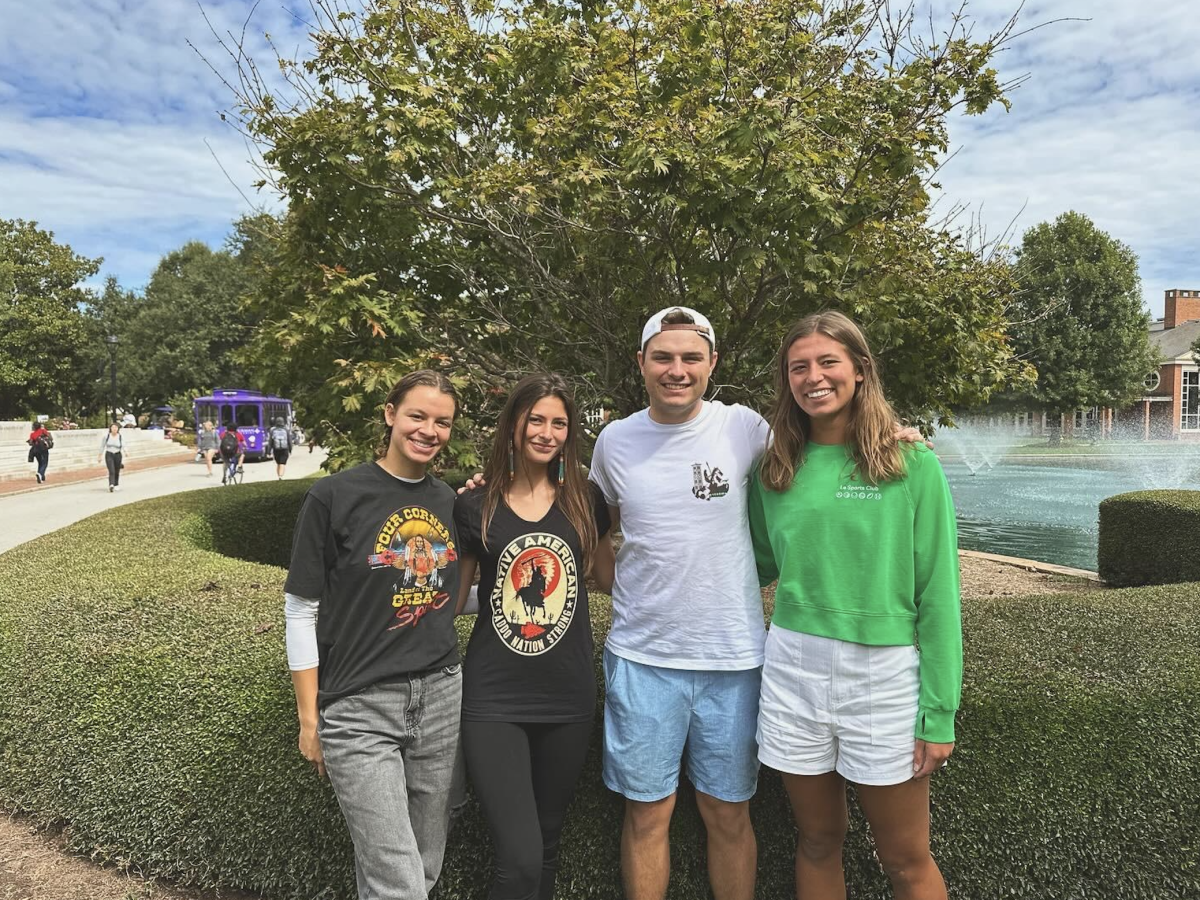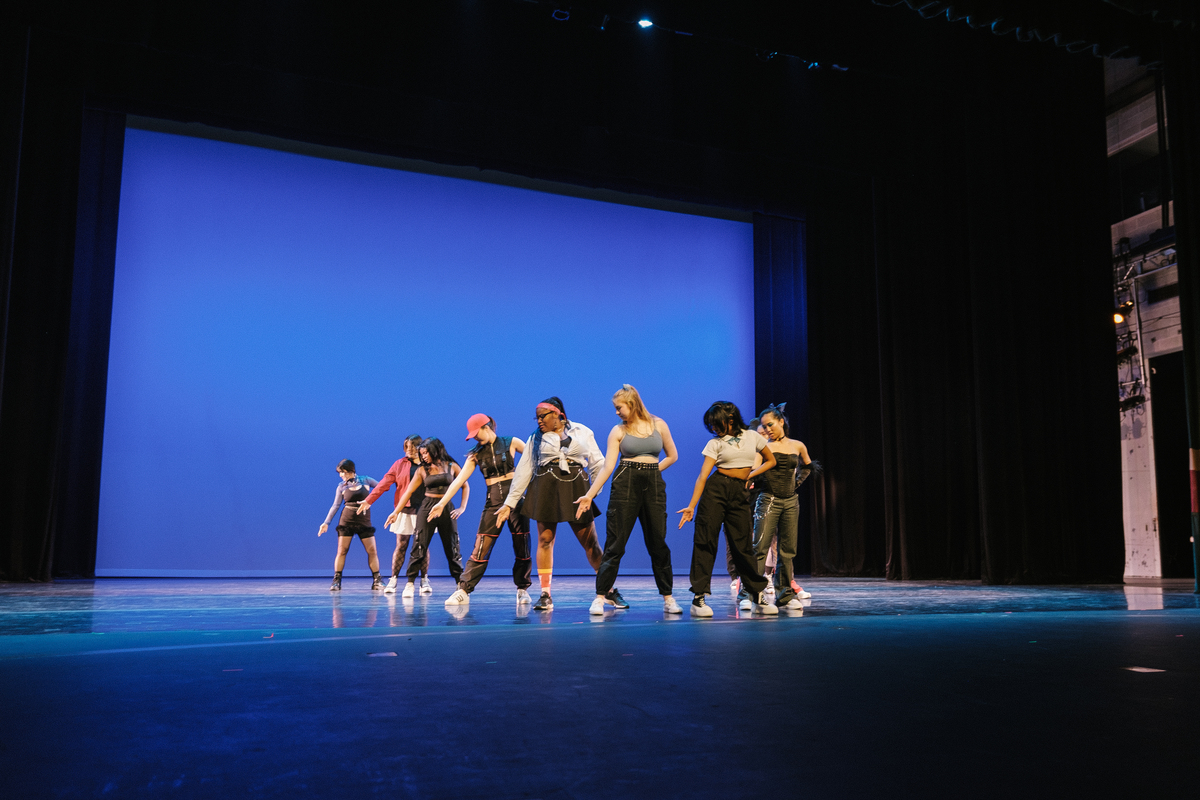As students returned to Furman after studying abroad this past semester, they experienced a bittersweet moment. Although they were sad to leave their unfamiliar country, they were happy to settle back into their lakeside views. Thinking everything was going to be back to normal, students slowly began to notice that they had returned to a changed Furman. These changes have taken place in some of the most integral areas of what makes Furman, well, Furman. They range from individual relationships to the social experience that is shared by the whole student body. The most prominent culprit of all this change is none other than the ongoing COVID-19 pandemic.
From the end of the 2019-2020 academic year to now, we have experienced a wide spectrum of regulations due to this pandemic that has turned our lives upside down. We have seen it all – from the randomly colored restriction phases to our current curiosity of when masks will no longer be required. It is safe to say that we have come a long way until we turn back to some normalcy. However, our underclassmen and upperclassmen have different standards and expectations for what normalcy looks like. All sophomores and first-year students know is a campus struck with COVID-19, but upperclassmen remember what Furman was like during an ordinary time. Usually, the study away programs are mostly made up of juniors; therefore, their perspective of the social scene at Furman was set at a much higher bar for their return than those who have not experienced a typical college year.
During the past two semesters, students have gradually reverted back to the ways of “old Furman,” but some of the impacts of COVID-19 might be permanent, or at least harder to shake off. Mark Calvin, a junior who was studying away last semester, said “I think, since being back at least, there is less of an emphasis on hanging out on campus.” The COVID-19 restrictions on campus were much stricter than in our local cities and towns. Since students were not able to congregate together in many places on campus, they explored other options. Now that they have found alternatives to on-campus activities, some are sticking to them instead of returning to what students did pre-COVID. Calvin also mentions how he fears “social life at Furman is forming into a monolith” and that students are now primarily going into downtown Greenville which, for most places, requires you to be 21 or older. This alone is causing a divide and a less inclusive social scene at Furman. Calvin goes on further to say that this is what he believes to be “in” and that this current trend “isn’t as inclusive or authentic as what Furman would like to believe itself to be” when it comes to its social culture.
While it is a scary prospect that students are starting to become divided in this sense, Savannah Steet, another junior who was studying away this past semester, has hope. She sees promising change for the better, and agrees that “last spring, the social energy in the student body was definitely a lot more dampened.” She also went on to say that “it seems like students are taking full advantage of social opportunities” on campus which shows the student body’s motivation to bring Furman back to normal. That’s a step towards bringing back that Furman feel.
While students can clearly identify the blemishes COVID-19 has left on their social habits, they are making progress to remove them. The effects of COVID-19 are going to be difficult for everyone to get past, but it’s encouraging to see Furman students taking steps in the right direction. After all, these four years are about embracing the joys that college has to offer.



































